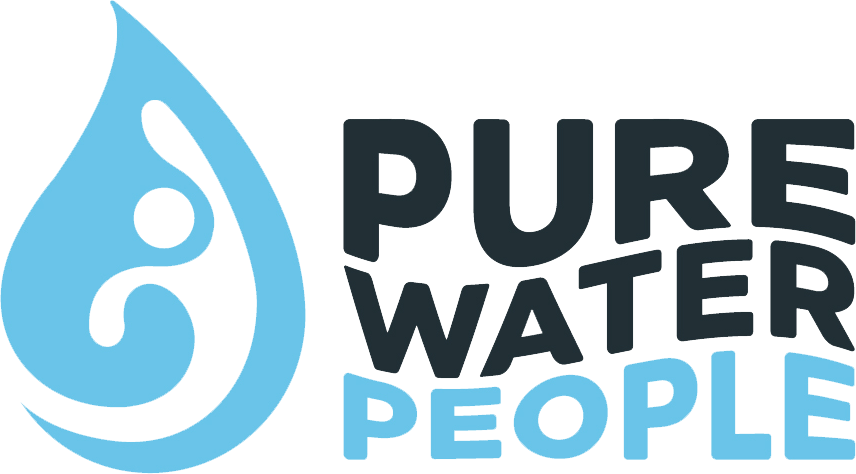Does Drinking Water Improve Your Mental Health?
Posted on 14th July 2022 at 07:11
Drinking water is linked to improving your mental health, general wellbeing, inclusive of physical health. With the human body comprising over 60-70% of water then topping that up to maintain it, like you would a car or a machine is essential for feeling well. It crucially plays a role in your metabolism, focus and memory as well as your cognitive performance.
Not staying hydrated and not drinking enough water, can impact your motivation, increase fatigue, and alter your body temperature all impairing your physical and mental performance.
Cambridge University conducted research into men and how staying hydrated affected their cognitive performance and mood. It concluded that the mood of the males in the experiment were adversely affected by lack of water and their tension and anxiety levels increased with no other obvious symptoms of dehydration such as a dry mouth, feeling thirsty, cloudy or dark urine, headaches, a lack of focus and irritability.
There are other purported benefits of staying hydrated and understanding those expectations and everyday life can be monitored and managed to improve our mental health or physical well-being.
Symptoms of dehydration and the impact they have
1. Prevent tiredness and fatigue
Feeling tired increased the chance of feeling overwhelmed. The two symptoms can go hand in hand, which can lead to a vicious spiral of anxiety and overthinking. Staying hydrated with great quality water is a great tonic undervalued as great way to stay well. The quality of your water should not be underestimated.
2. Take steps to avoid headaches
Headaches are a symptom of dehydration. Dehydration happens when you don’t drink enough water. An oppressive headache hanging over your day will do nothing for your mental health. If you repeatedly get headaches, then you might consider increasing your water intake to reduce your chances of getting a headache.
3. Improve poor focus
Dehydration can be detrimental to short-term memory, focus and how you feel. Feeling off balance without steely focus can contribute to a negative state of mind. Rehydrating will improve attention, cognitive performance, and memory recall.
4. Improve sleep quality
A lack of sleep can actively affect how anxious you feel, serve up depression and can trigger mania, psychosis or paranoia, or make symptoms worse – according to Mind, the mental health charity. Short sleep is associated with inadequate hydration, which is demonstrated in a study that took place on adults that demonstrated that dehydration is associated with less sleep.
Armed with this information about keeping hydrated, there are practical steps you can take to increase your water intake each day to improve mental health.
Practical steps you can take to improve your water intake every day
1. Keep a water bottle
Carry a refillable water bottle with you wherever you go. Ensure that the water you’re filling it with is clean and free of impurities.
2. Monitor what you are eating
As much as 20% of your daily water intake should be from what you eat. Specifically, fruit and vegetables. Keeping your diet rich in the good stuff will help you maintain the balance of water you need stay mentally alert and in great physical condition.
3. Measure your water intake
Check yourself throughout the day. Did you have a pint of water when you woke up? Did you take a glass of water with each coffee you drank? Did you have water with your lunch? What did your afternoon look like? Drinking water throughout the day and not just at bedtime is great for you mental and physical wellbeing. Can you set an alarm to remind you to take water onboard?
We know that staying hydrated is essential for good health, so now we should address what it is that we’re drinking. We should have confidence in the water we drink alongside not using bottled water because the plastic content has a negative impact on the environment.
Our water source should maintain essential minerals such as zinc, magnesium, fluoride and calcium. It should not contain dangerous contaminants such as hormones or chlorine. If water is supposed to flush out harmful toxins from our bodies and is what keeps us hydrated and well, the quality of the water we are drinking should be of impeccable quality – clean, filtered and purified.
Finding truth among the promises of wellbeing and good health can be hard. If we know anything, it’s that we’re made of water, and we should be drinking water. It makes sense that the water we drink should be the best it can be for us and our whole family. Find out how you can improve your family’s wellbeing today and talk to one of our team.
Share this post:





